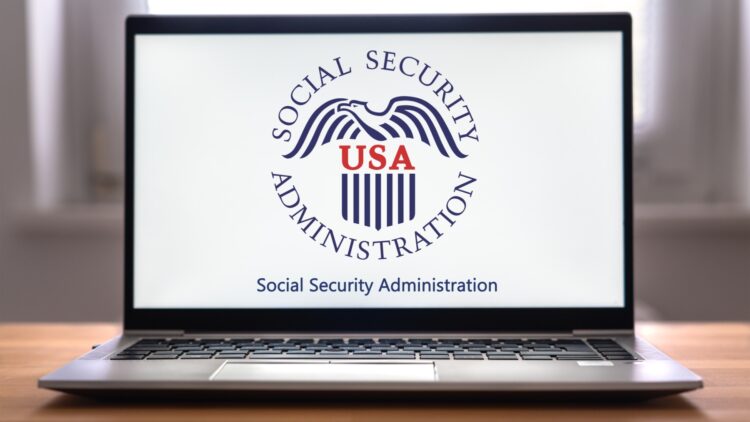Officially, we have been in a partial shutdown of the U.S. federal government for a fortnight. It began on October 1, 2025, and there is significant political chaos in Washington. Millions of retirees, people with disabilities, and government employees are constantly asking themselves, “Is my Social Security check at risk?”
The money is safe, but the human presence that backs it up and makes it possible for it to reach citizens’ accounts has disappeared. When Social Security offices are closed, it is very difficult to keep everything running smoothly. Although the government shutdown does not stop Social Security payments, it is paralyzing the bureaucratic system on which millions of families depend to carry out vital procedures.
Open door, but closed service
Rest assured: benefit payments continue to be made on time. This includes retirement benefits, disability insurance (SSDI), and supplemental security income (SSI). These checks continue to arrive in bank accounts without interruption, because Social Security is a mandatory spending program. Since it is not funded by the annual budget that Congress must fill, but rather by specific payroll taxes that go to Trust Funds, the funds are already available… and, by law, are legally earmarked for beneficiaries.
No matter how many budget disputes there are in the government, the payment system is almost immune to them. However, the administrative staff who manage the offices, answer the phones, and process the paperwork do depend on the annual budget. This is what is called “discretionary spending.” Without a funding agreement, the people who work in these positions are on furlough.
For now, about 900,000 federal employees have been sent home without pay and without work for the time being. Another 700,000 employees are considered essential and continue to work… but without receiving any paychecks.
Suspended services during shutdown
The issue is that the Social Security agency has classified in-person assistance as “non-essential.” This is why there is a long list of services that have been suspended indefinitely. Although people who already had all their paperwork in order are safe, the following services have been put on hold:
Proof of Income letters: letters certifying a person’s income in order to receive benefits. These are essential for loan approvals, subsidized housing renewals, or eligibility for SNAP food assistance. Medicare Card Replacement: This service is completely suspended. Earnings Record Corrections: This is crucial for people who are about to retire, as it ensures that their pension is calculated correctly based on what they have contributed during their working life. Right now, this service is completely suspended. At this time, the remaining staff at Social Security offices are only handling critical tasks, such as processing payments or urgent new applications. Their offices are operating with a reduced staff to the minimum number of employees.
This causes things like wait times on the phone and in person to be completely overwhelmed. Other crucial procedures, such as appealing the denial of benefits or reporting the death of a spouse to receive widow’s benefits, face significant delays of weeks or even months.
The COLA on hold
The announcement of the cost-of-living adjustment for 2026 keeps us on tenterhooks. Millions of retirees are waiting to know this figure so they can plan their budgets for the following year. Traditionally, the SSA has announced the COLA in mid-October. However, it seems that we will have to wait a few more weeks. The COLA calculation depends directly on the September consumer price index inflation data.
This is calculated by the Bureau of Labor Statistics (BLS). As the BLS is subject to the shutdown, it was unable to release the CPI. This is why the COLA announcement for 2026 has been delayed for now. It’s a bureaucratic domino effect.

